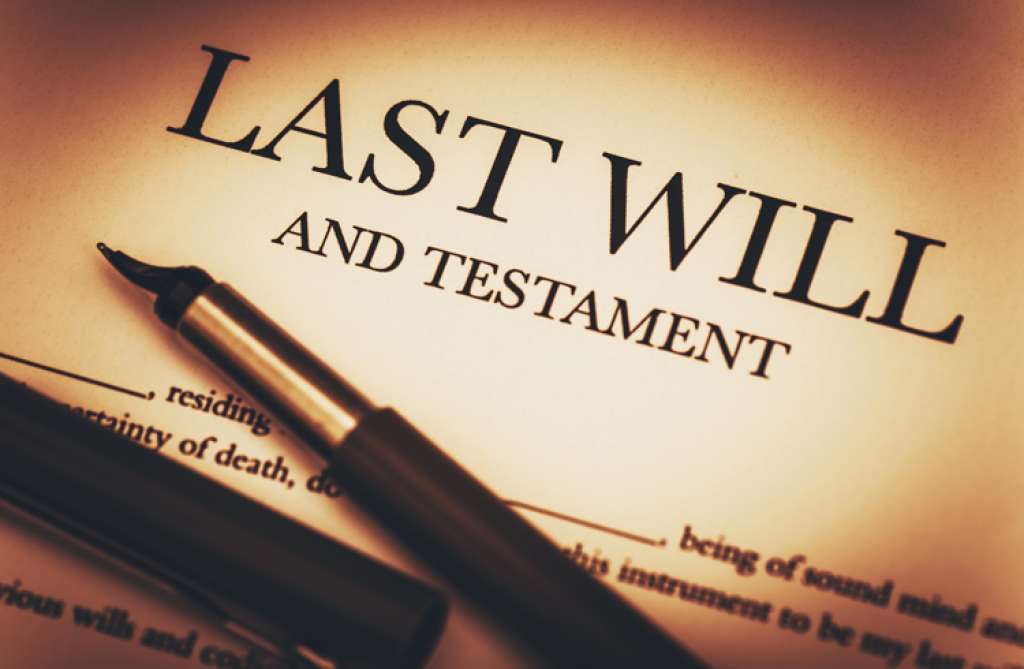
It is sometimes assumed that you cannot make a Will after a diagnosis of dementia. However, a diagnosis does not automatically mean you cannot make a Will. Dementia is a progressive condition and the ability of someone with dementia to make a Will depends on the severity of their condition and capacity to under the consequences of the decisions they are making.
For anyone making a Will, you must have “testamentary capacity”. From the case of Banks v Goodfellow (1870) you must therefore:
In essence, this means you must understand what you are doing when you are making the Will, what its effects will be, what assets you have such as property, savings and personal effects, who could expect to inherit anything from you as well as demonstrating independent and rational decision making skills free from any undue influence.
The “golden rule” in regard to testamentary capacity is from the case of Kenward v Adams (1975). Although there is no legal requirement, the “rule” is that where a Will is prepared for an older or seriously ill testator (the person making the Will), the Will should be approved or witnessed by a medical practitioner who satisfies themselves of the testator’s testamentary capacity.
In Boast v Ballard & Ors (2022), it reiterated the importance for Will drafters to investigate any concerns they may have regarding a testator’s capacity before agreeing to prepare the Will. The Will drafter is not expected to make a medical assessment, but they are expected to properly apply the test set out in Banks v Goodfellow above.
If someone has dementia or another condition that might affect their decision making, if we are in any doubt about your capacity, we will investigate the position and may refer the matter to a medical professional before making the Will. The aim is to minimise the risk of disputes amongst the beneficiaries about the capacity of the testator after they have died which could result in significant legal costs being incurred all round.
If you receive a dementia diagnosis, it is essential you create or update your Will as soon as possible, together with considering other legal steps to secure your future, for example Lasting Powers of Attorney.
At Whitehead Monckton we can advise you on the implications of your diagnosis on your estate planning. If you would like any assistance, please do not hesitate to contact one of the team.